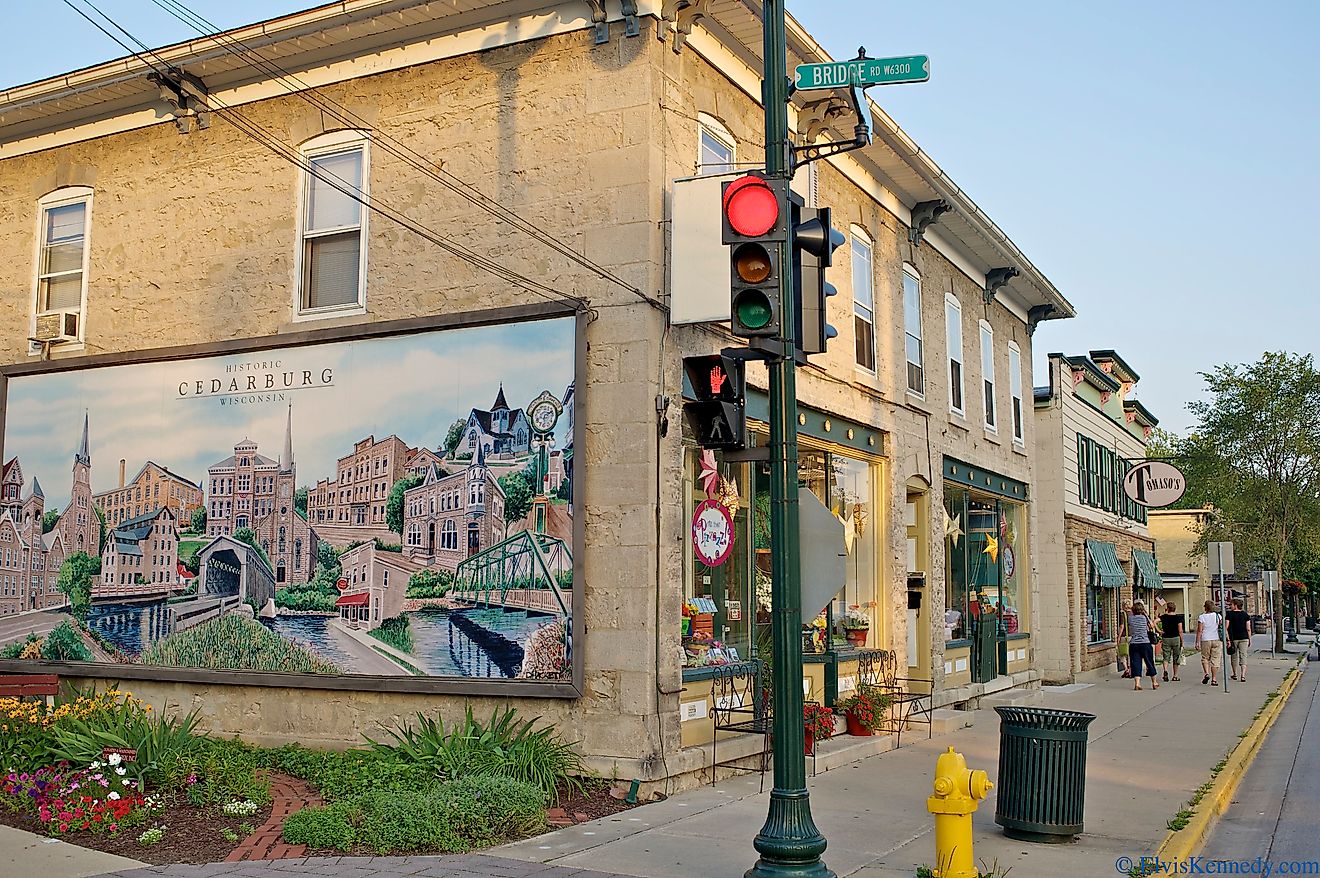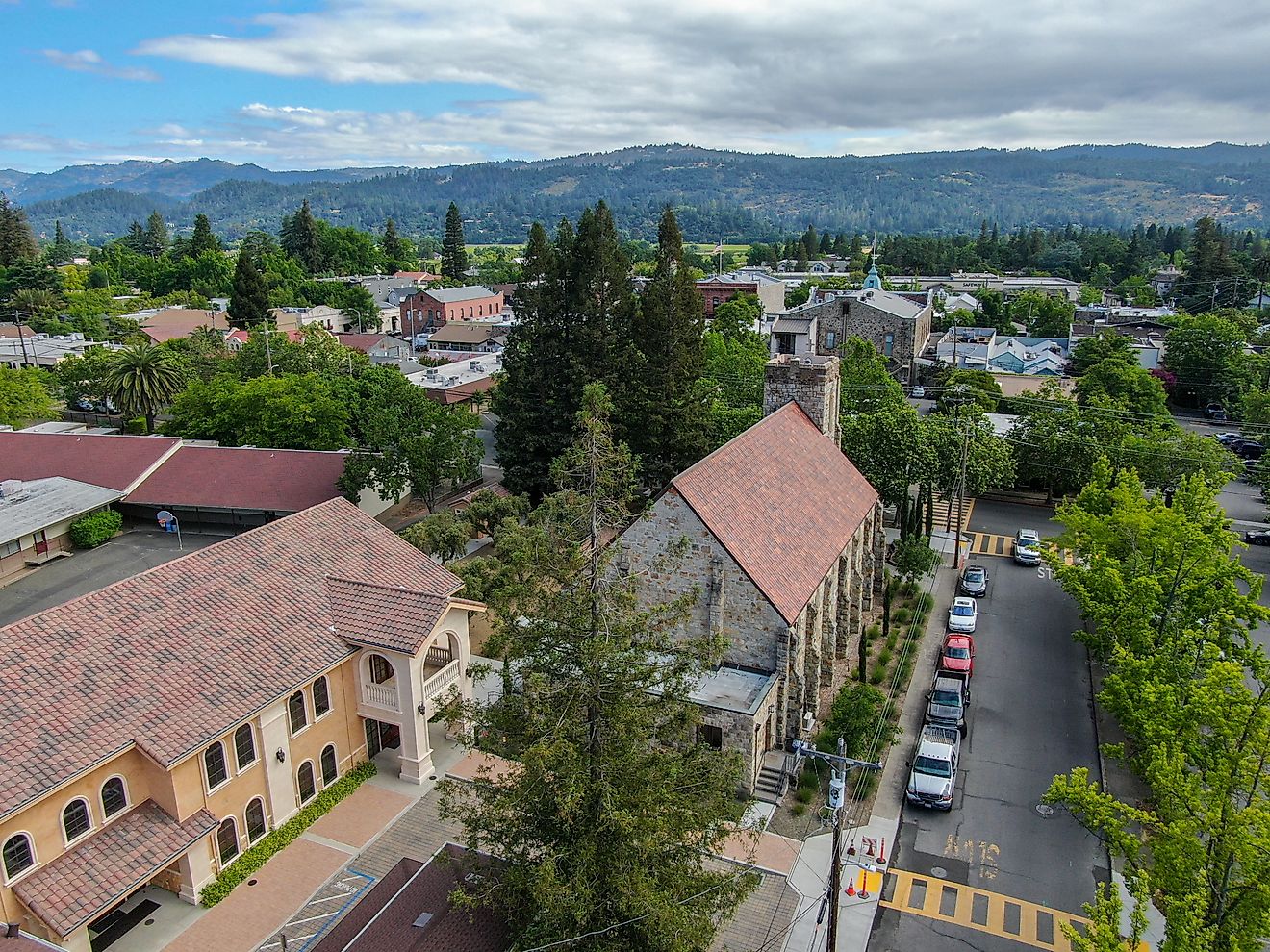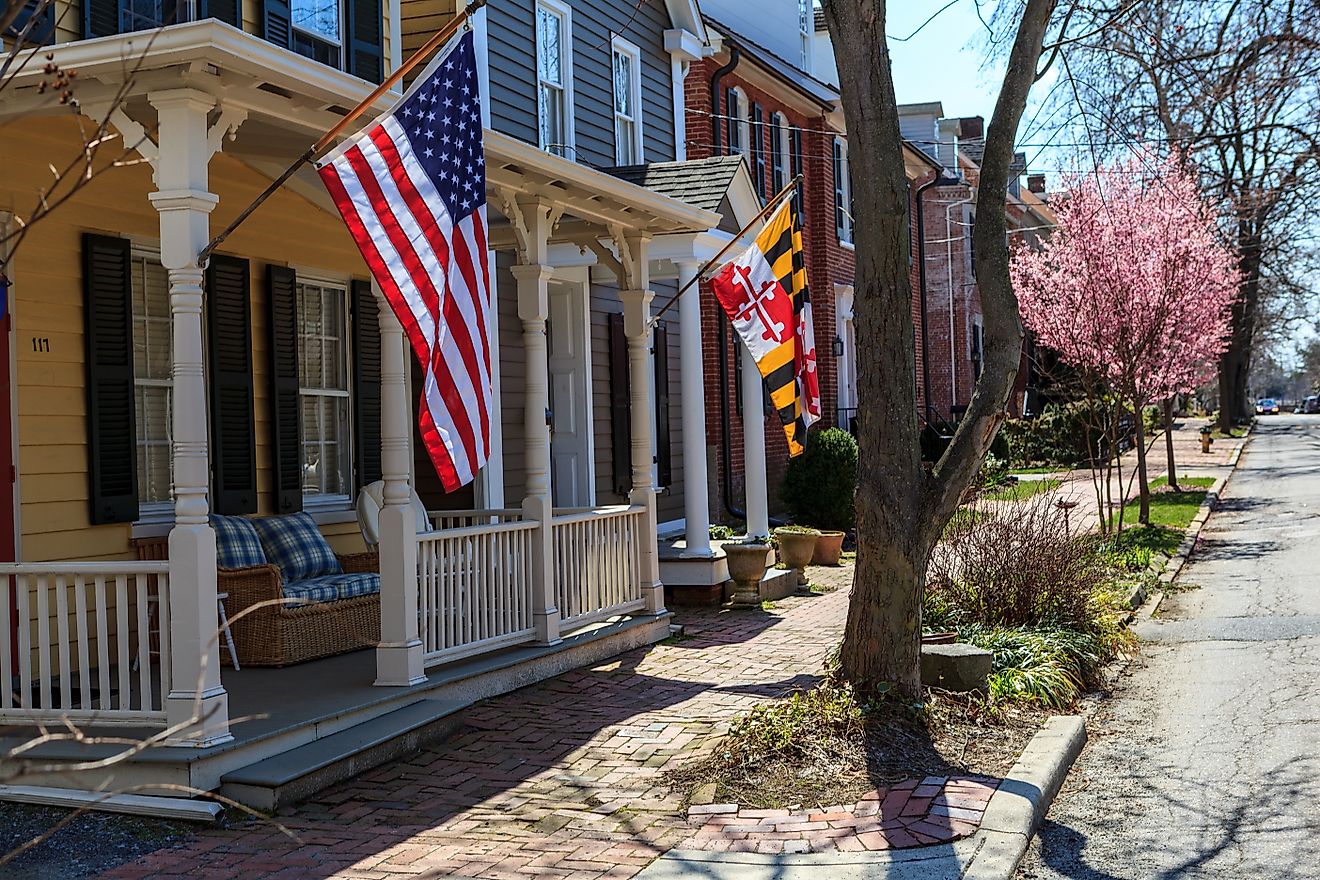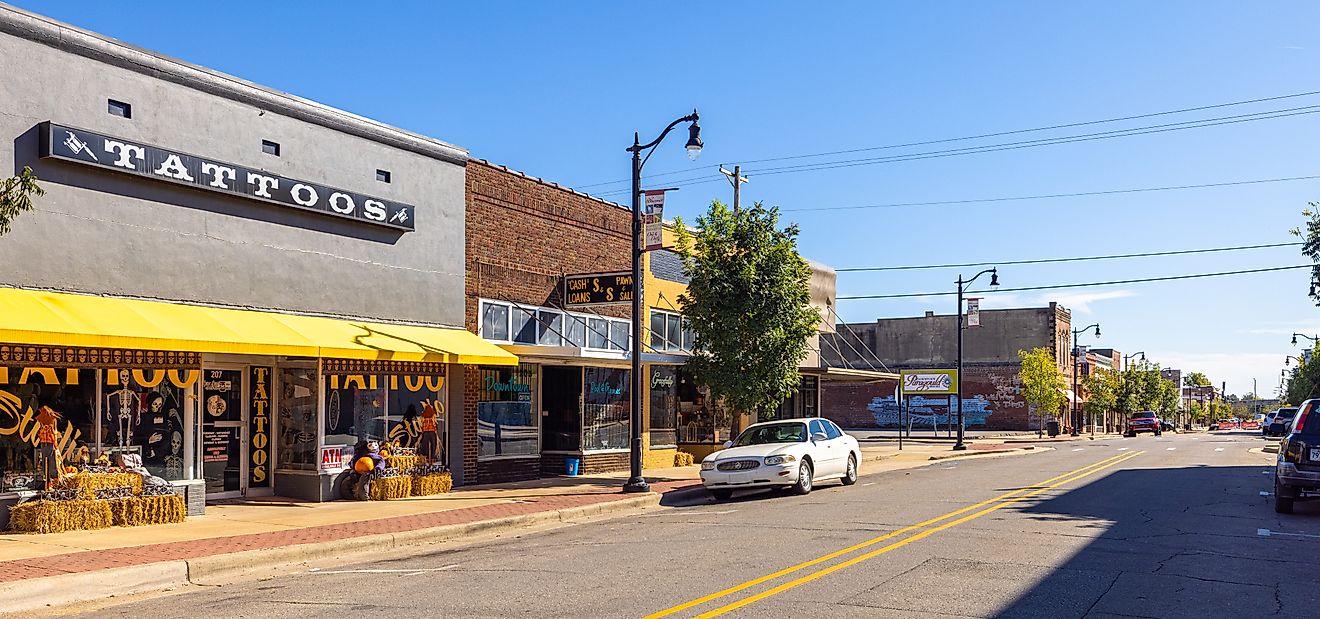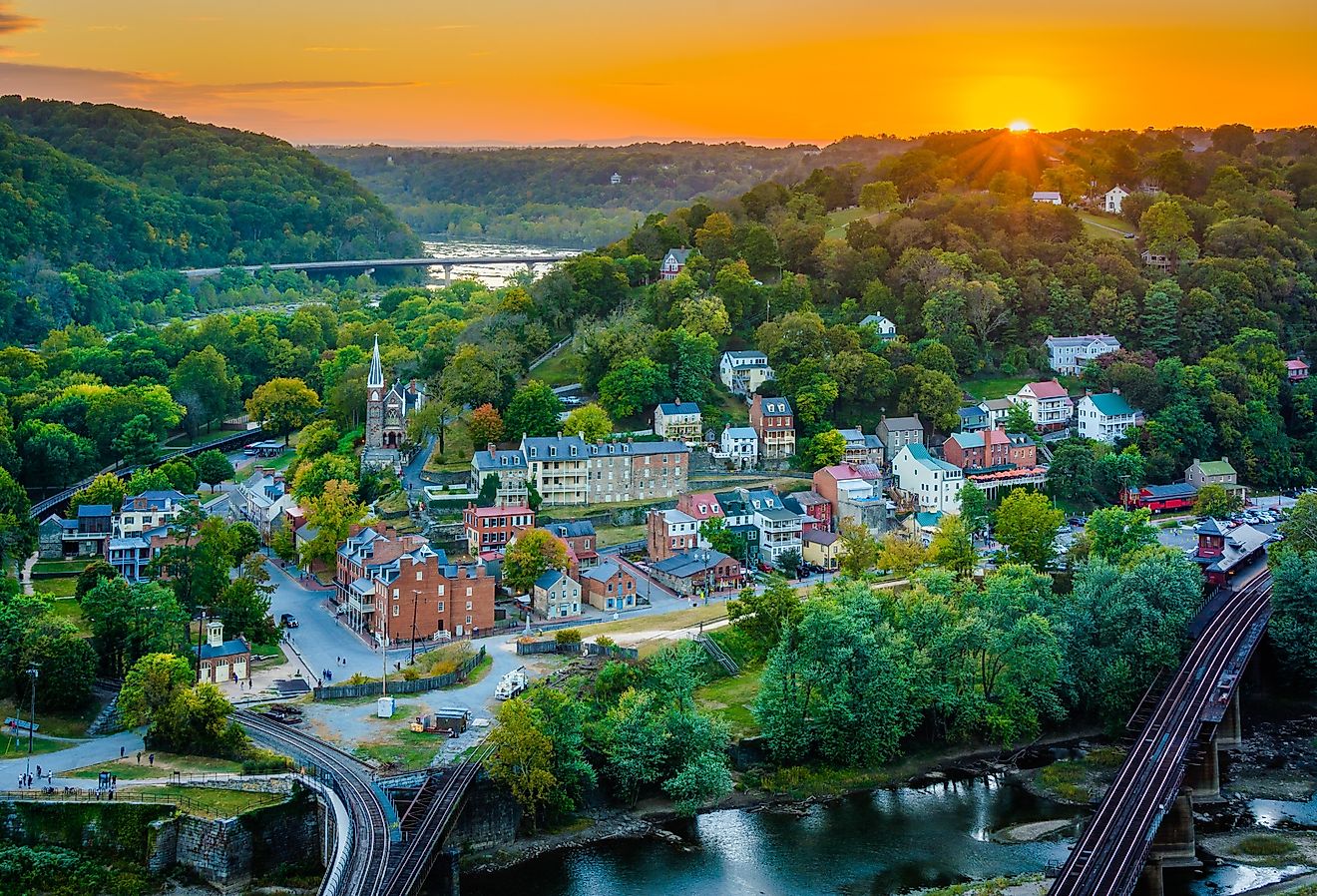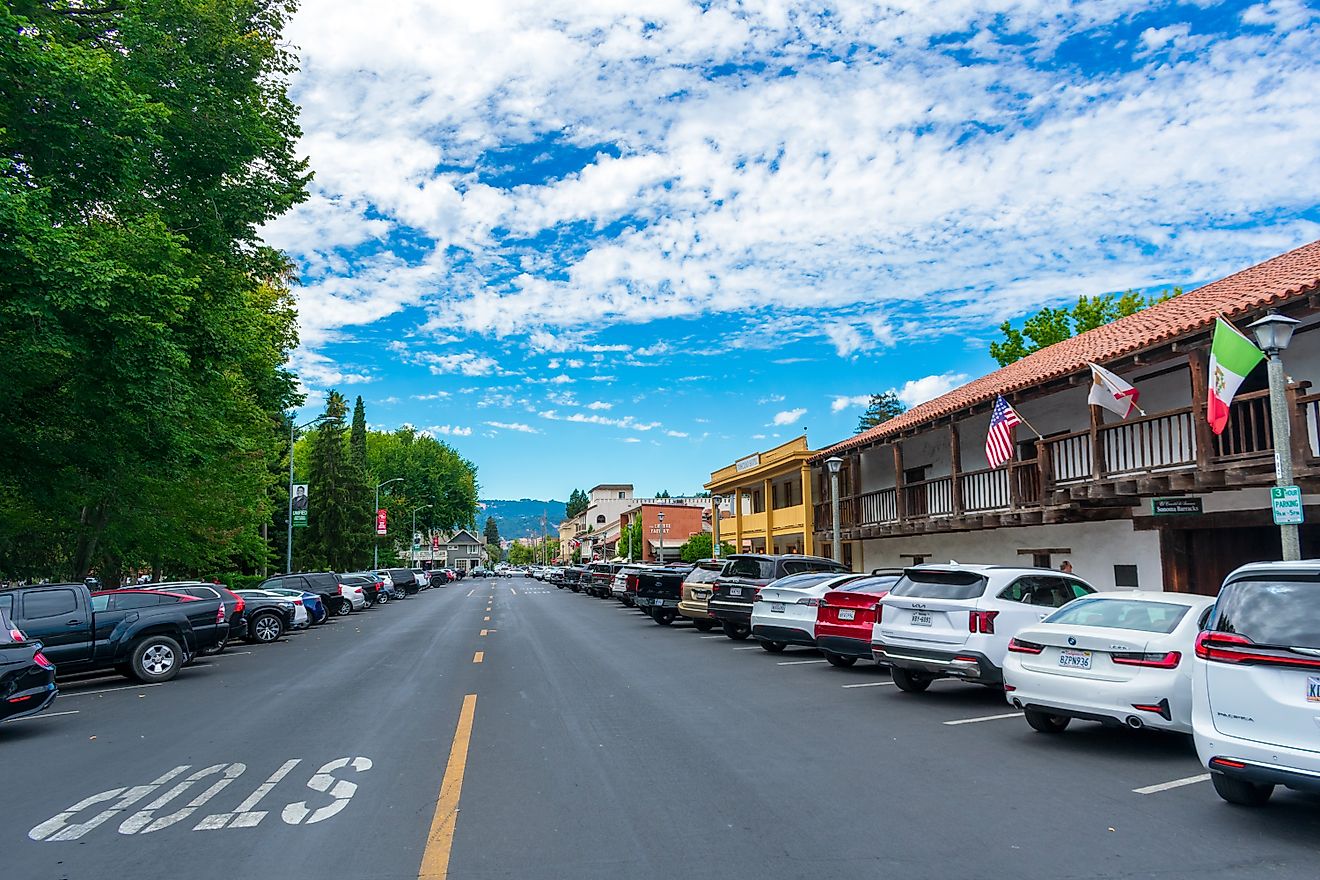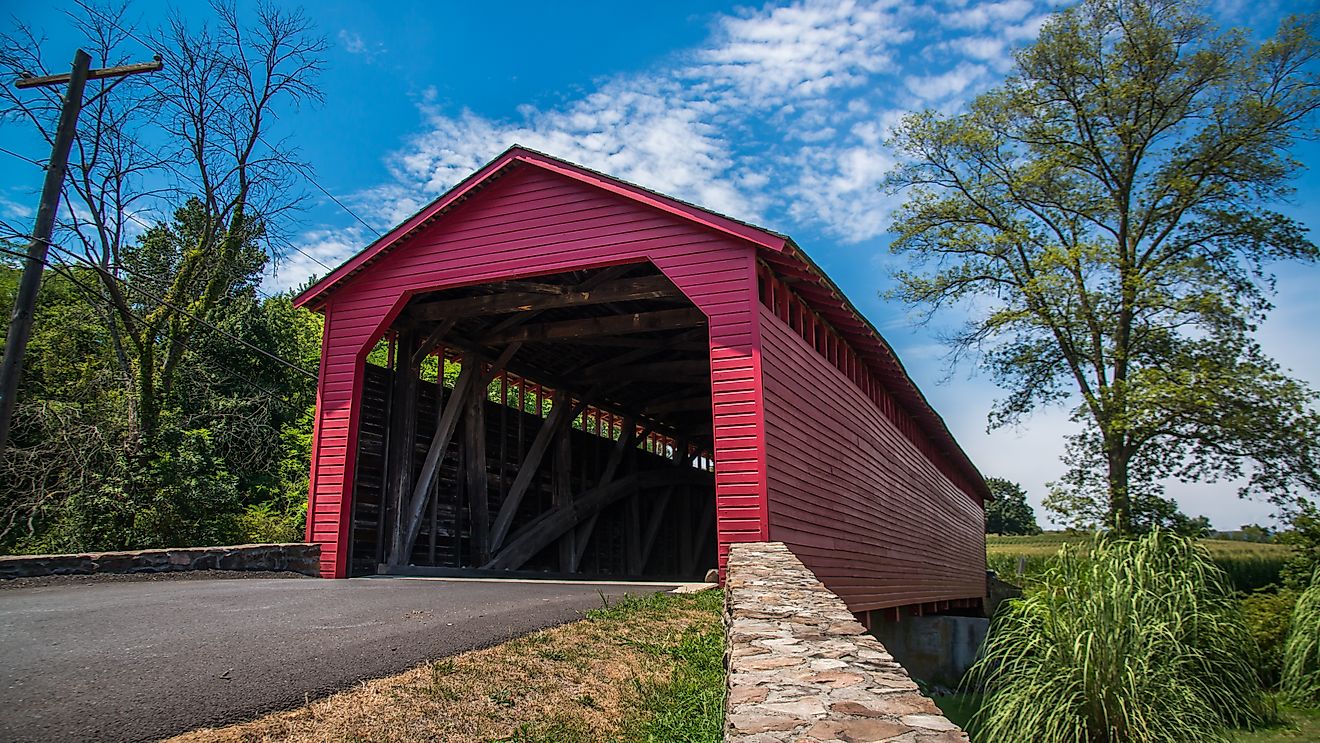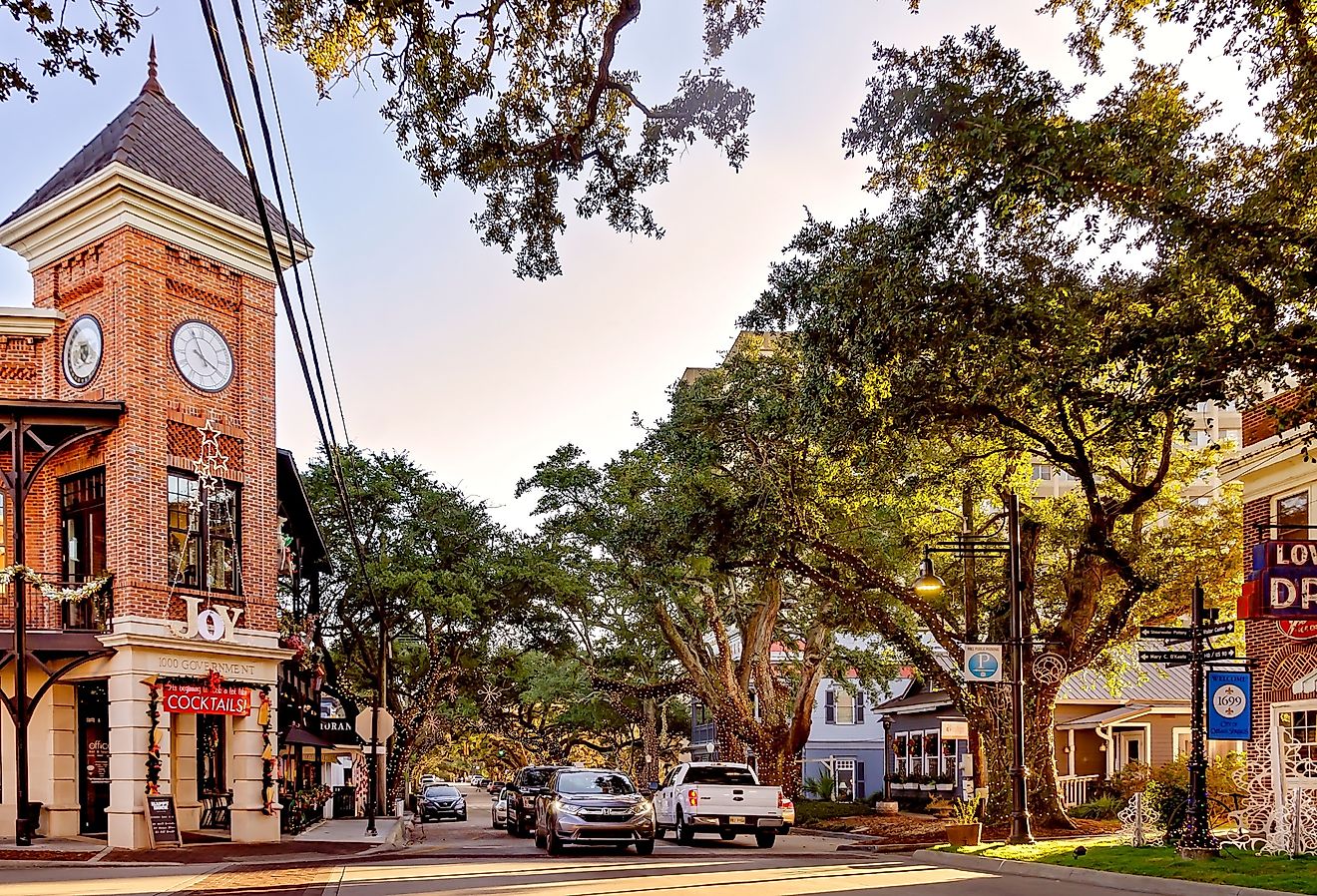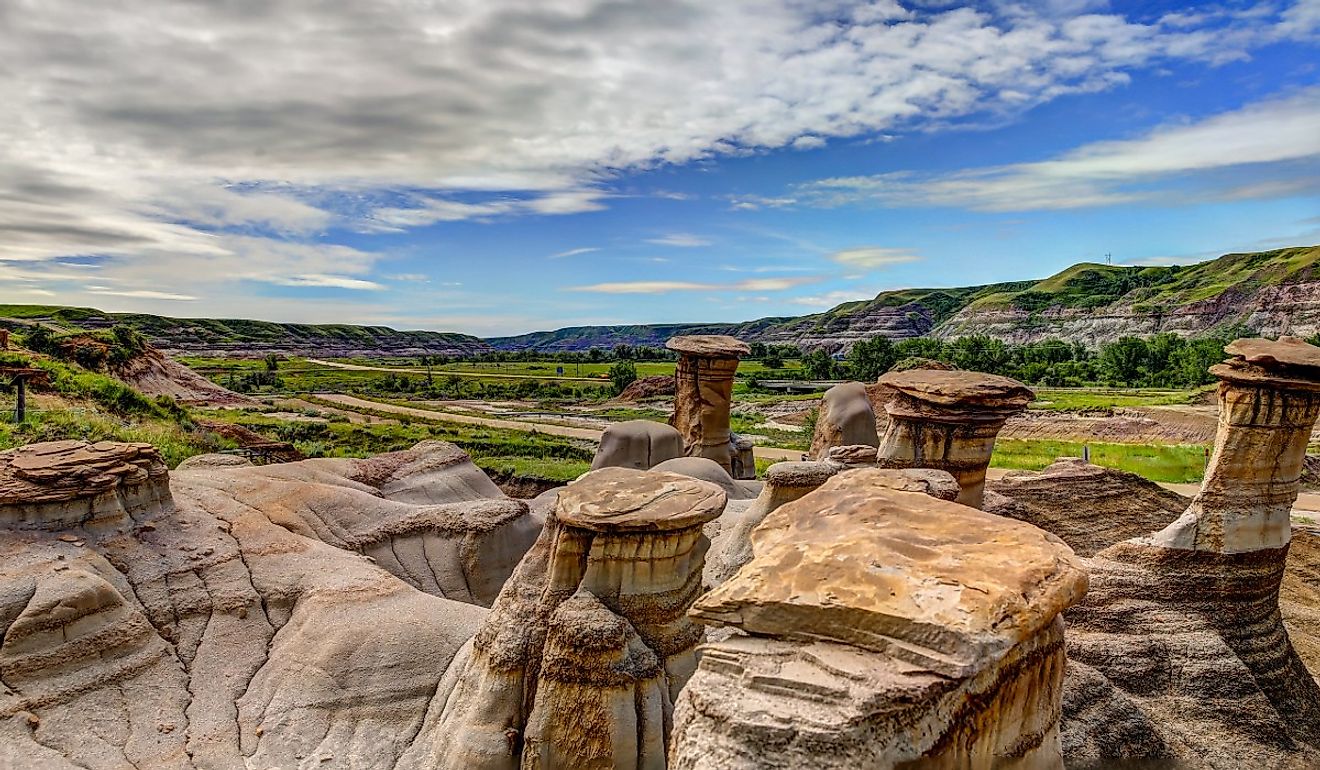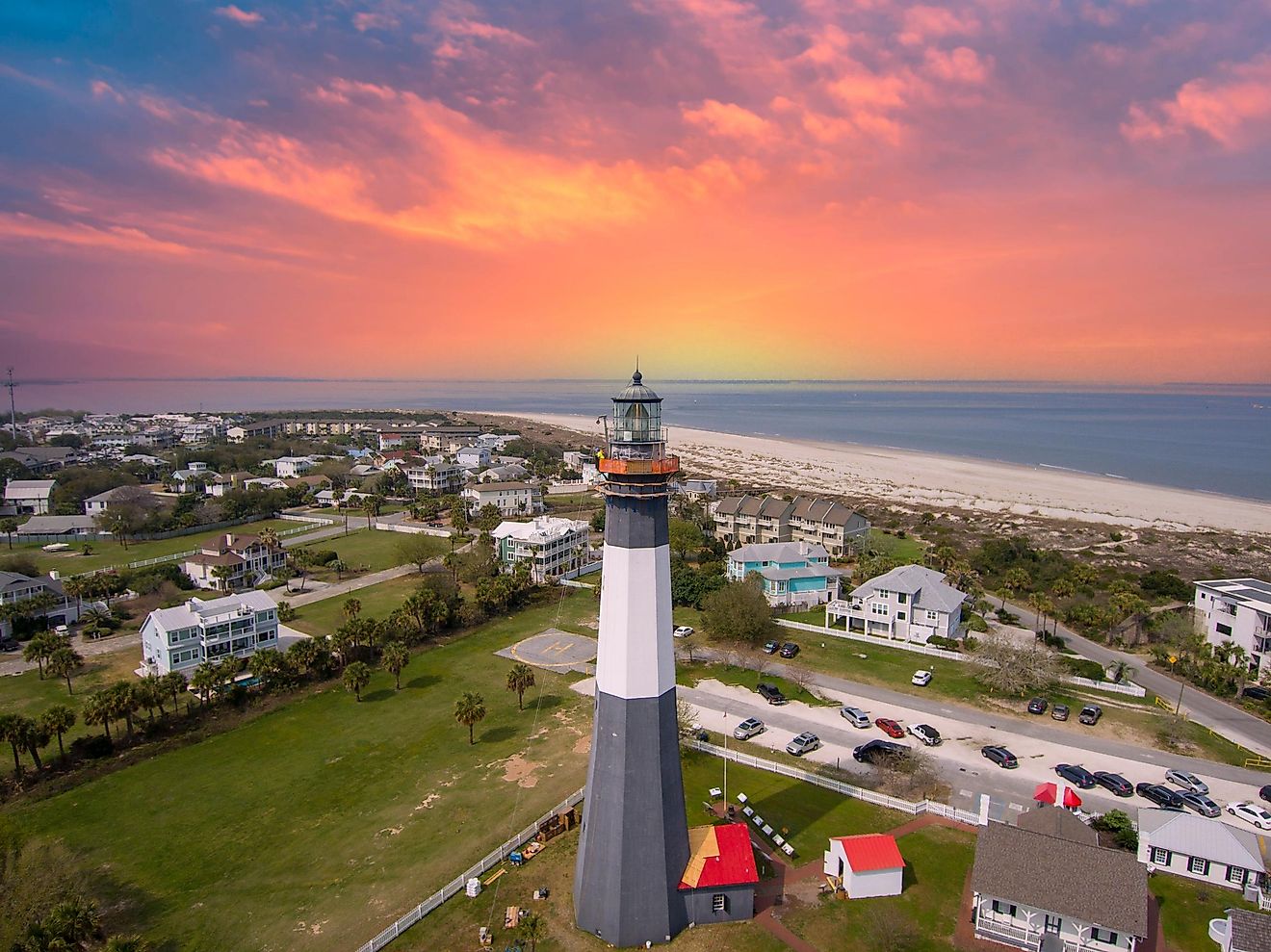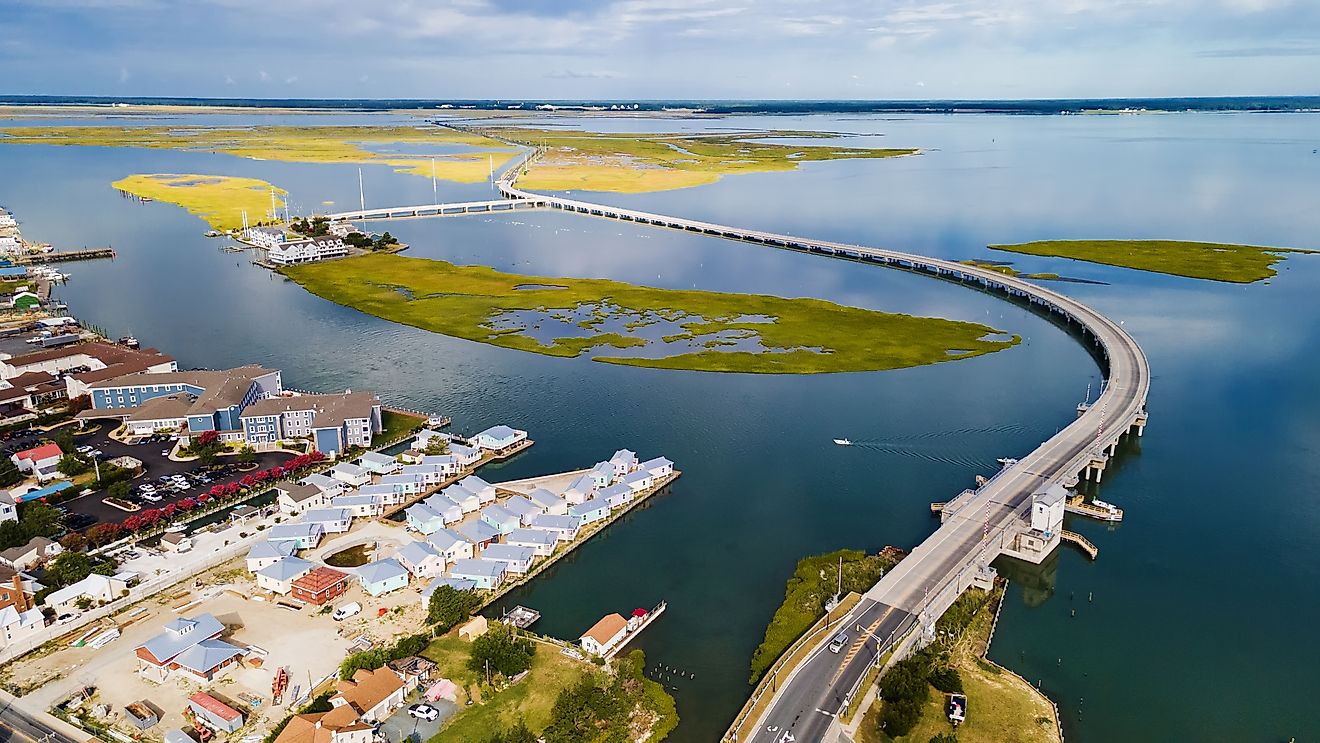
Cassis, France
Cassis is a small fishing village on the Côte d'Azur (French Riviera), in the Southeast of France. It is known for its picturesque harbor, painting-esque village, and inspiring natural surroundings. Its mixed-terrain beaches, adorable alleys, and fine culinary indulgences make it a quintessential French seaside town that has inspired many artists over the years. No wonder author Virginia Woolf called Cassis a "little paradise."
Geography Of Cassis

The location of Cassis comes with many subcategories. It is in the township of Aubagne-Est, which is part of the district of Marseille, which is in the department of Bouches-du-Rhône, which is in the region of Provence-Alpes-Côte d'Azur. For quick reference, Cassis is about 20 miles southeast of the city of Marseille and 215 miles South of Lyon. The village takes refuge between the natural harbors formed by the white limestone Massif des Calanques and Cap Canaille, the highest sea cliff in France.
Climate Of Cassis
The climate in Cassis is mild, year-round, with sunny summers and wet winters. The average annual temperature is 58.3 degrees Fahrenheit, ranging from a high of 79.3 degrees in August to a low of 44.4 degrees in February. The average annual rainfall is 18.4 inches, ranging from a low of 0.5 inches in July to a high of 3.5 inches in November.
History Of Cassis

In 1991 a diver discovered an underwater cave near modern-day Cassis that shows evidence of human habitation dating as far back as 27,000 years ago, and then again 18,500 years ago.
Between 500 - 600 BC, this site was occupied by the Ligurians. This tribe of hunters, fishermen, and farmers built a stone fortress on the hilltop of Baou Redon, the ruins of which can be seen today.
The humble settlement served as a trading port with North Africa and the Middle East during Roman times. This area saw much instability between the 5th and 10th century CE due to frequent invasion by groups known as the barbarians.
In the 15th century, it was ceded to the Counts of Provence before the Bishops of Marseille took over rule until 1789 (the French Revolution). Religion played a large role in the culture of Cassis during this time and evidence of this period still remains today. Many oratories punctuate the walking paths throughout the town.
In the late 19th century, Cassis' reputation as a prime holiday spot took hold. In particular, many artists found their muse here. The enticing backdrop inspired many acclaimed paintings, novels, and films over the years. Between 1920 and 2015, over 50 french films were shot at least partially on site.
The limestone cliffs of the neighboring Calanques offer beautiful scenery to be enjoyed and sought-after stone for building everything from Mediterranean ports over the centuries to modern-day sinks, pools, and decorative features. The population of Cassis is on a gentle decline. It peaked at just over 8,000 residents in 1999, down to a little under 7,000 in 2019.
Visiting Cassis

Cassis welcomes a large influx of tourists, particularly during the summertime. Residents of Marseille and all around France, Europe, and the world come to enjoy the refreshing waters, the fruits of the renowned vineyards, and the sunny charm.
Visitors should note that parking is somewhat limited and expensive in Cassis. Since the best way to enjoy the colorful surroundings is on foot, taking the train or bus from Marseilles might be a better option anyway. This will allow for a more relaxed perusing of the narrow alleys and inviting street corners, an easier time beach-hopping up the shore, and a better excuse to take a boat tour out of the Port de Cassis.

Whether you get there by boat or on foot (the trails are lovely but range from moderately challenging to strenuous), make sure to visit the Calanques - the finger-like harbors and fjords that exist within the surrounding limestone cliffs. Cassis is part of the Calanques National Park, the only national park in Europe to include terrestrial, marine, and modest (periurban) coastal settlements.
The beauty of Cassis is straight out of a movie, literally. The soft colors of the village combined with the Mediterranean setting are sure to leave a lifelong impression.
